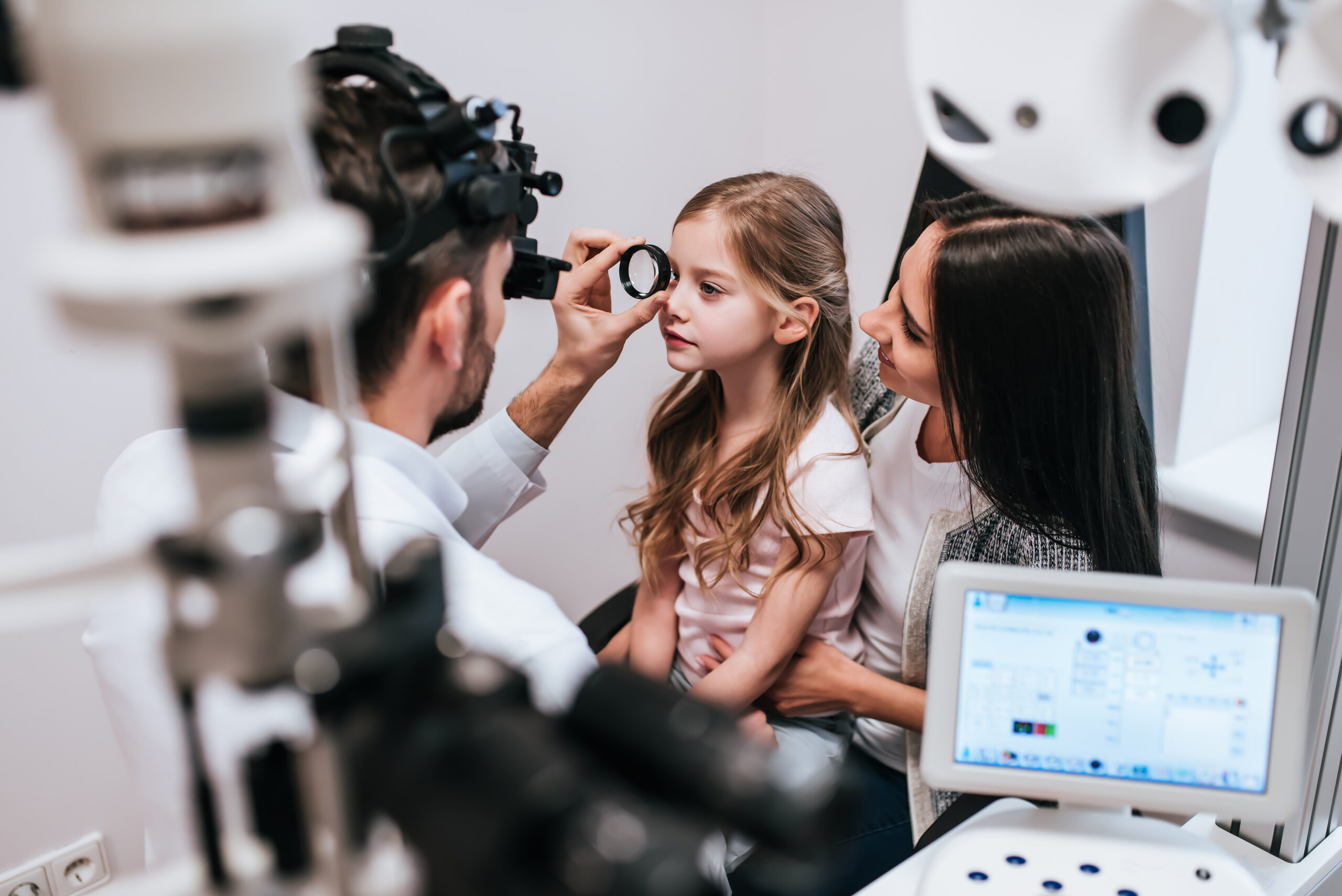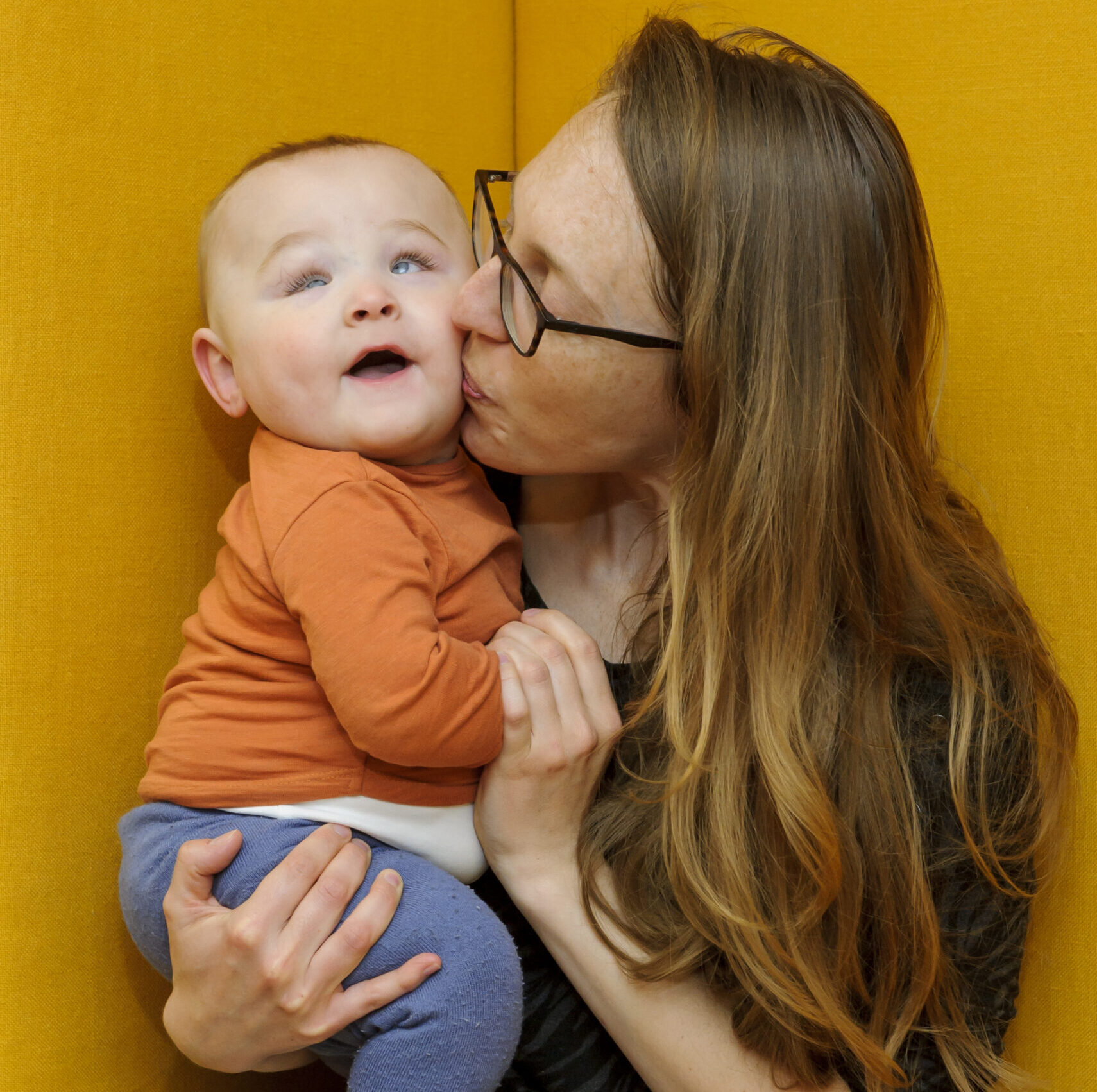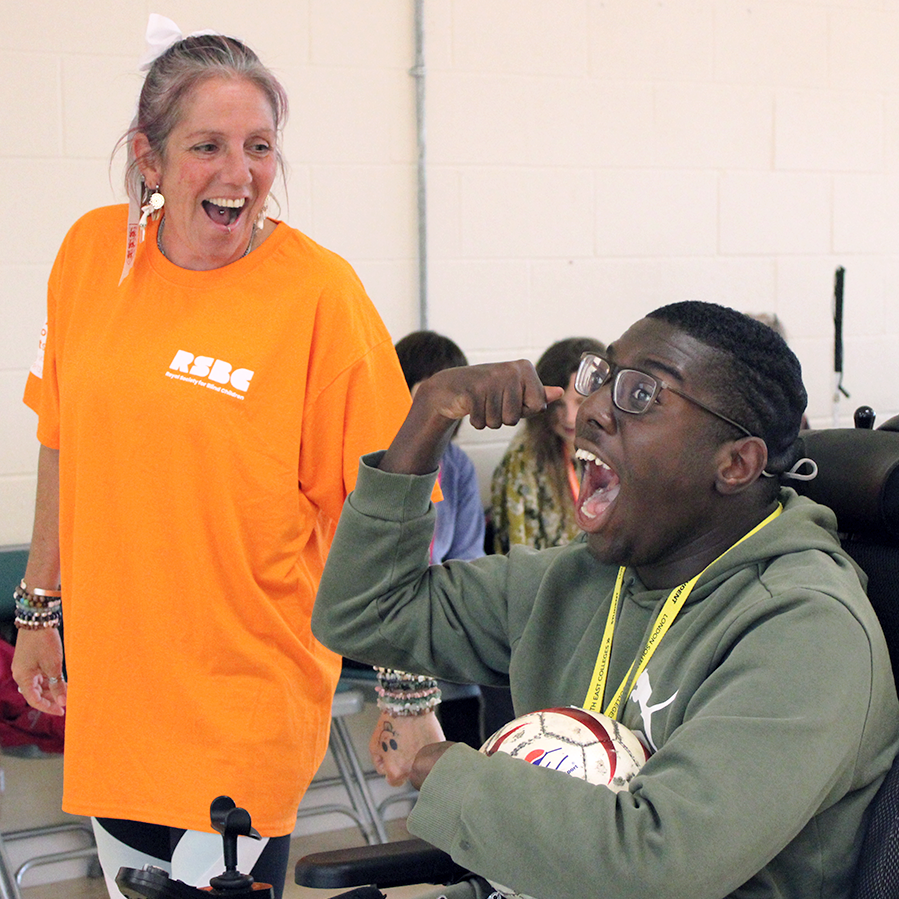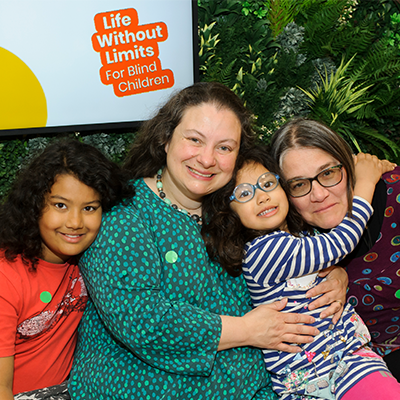Diagnosis
Having concerns about your child’s vision and seeking and receiving a diagnosis can be a challenging time for any family. Understanding and coming to terms with a diagnosis can take time and people may respond in different ways. Feelings such as shock, anger, fear, anxiety, sadness and loss are common as well as more practical concerns such as impacts on independence, education, adulthood. Some families may initially want to focus on practical concerns, and some may want to deal with the emotional impact, or a combination of the two. There is no right or wrong way to feel, every child and family’s journey is different. RSBC are here to support you at this difficult time in whatever way you need, from practical advice and guidance, to emotional support.

What to do if you have concerns
Have you noticed symptoms that are worrying for you? Is your baby not doing the things that you would expect? Is your older child complaining of difficulty seeing, tired eyes, or pain? It is important to make an appointment with your GP who will undertake an examination. If they are concerned, they can refer you to a specialist called an Ophthalmologist at your local hospital who will be able to do a more thorough examination and series of tests.
Diagnosis
Following this appointment, the Ophthalmologist may be able to offer a diagnosis. This should include information about what your child can see and what impairments there are, what condition might be causing it and whether the condition may get worse. You will also discuss if there is any treatment and what the plan might be for this as well as whether there will need to be any follow up appointments and/or referrals to other services.
There may be a lot of information to take in at the time and you may have a lot of questions. Support can be vital, whether it is a family member, friend or a professional, to help you to understand the diagnosis and the implications for your child and your family.
Certificate of Visual Impairment
Following a diagnosis, you may be able to obtain a Certificate of Vision Impairment (CVI). This is an official medical document, issued by the Ophthalmologist that details your child’s eye condition, and their level of vision impairment. This can help when applying for support such as benefits. It will detail whether your child is sight impaired or severely sight impaired.
This certificate will be sent to you, your GP, and your local authority. You may also want to consider registering your child with the local authority as sight impaired, in order to access support and advice services. A member of the local team will contact you if appropriate.

RSBC can support you at every stage of your child’s journey from diagnosis to adulthood.
You may also like
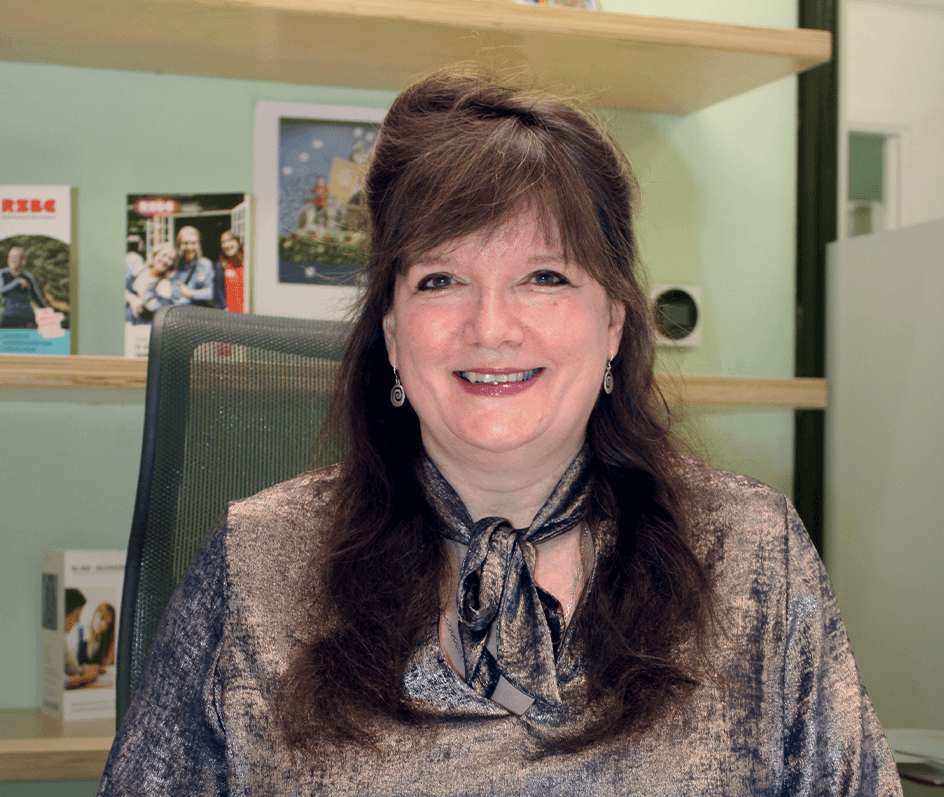
No categories March 28, 2025
Mother’s Day: our CEO shares her story
Happy Mother’s Day to everyone celebrating! In recognition of this special day, we sat down with our CEO, Julie, to hear about her relationship with her daughter, Saime, who is registered blind.

No categories March 20, 2025
What our young poets have to say this World Poetry Day
We were delighted to host two workshop sessions with renowned poet Dave Steele recently, and they certainly fired up the imaginations of the young people who attended! We’re pleased to be able to showcase the incredible talent that came out of the workshops in the beautiful poems written by those attending below.

No categories March 10, 2025
RSBC’s 5 key reforms to support young people into work
The government has just announced plans for a major shakeup of the welfare system, with £6bn of proposed cuts. Personal Independence Payments (PIP) are a lifeline for many people in our community. We understand the system needs reform, and that tough times can call for tough measures. But cutting back on PIP without making it […]
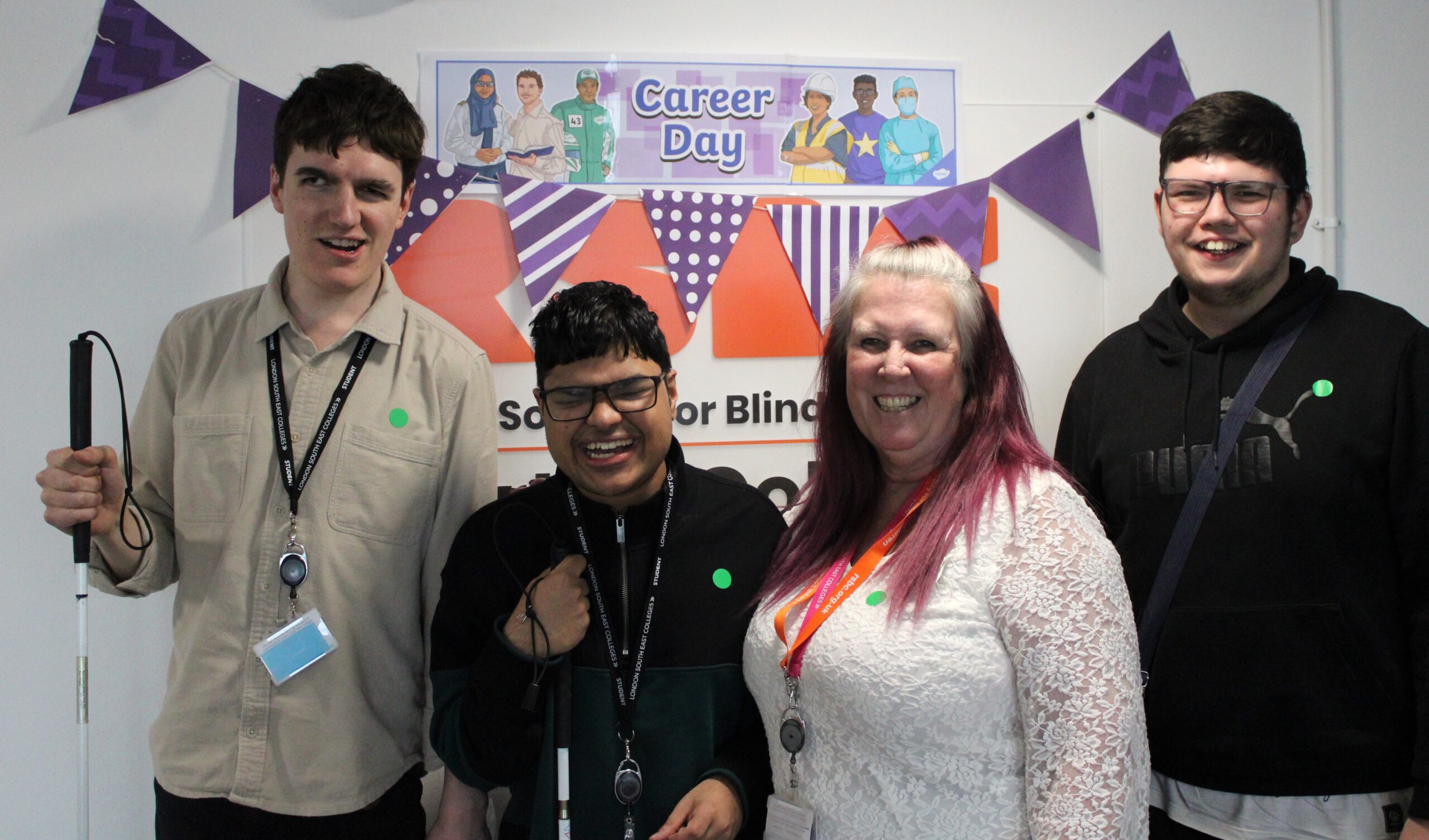
No categories March 7, 2025
Dorton College careers day: giving our students the confidence to shine
Too often, young people living with a vision impairment aren’t given the career opportunities they deserve. That’s why RSBC’s Dorton College hosted a careers day recently, inviting external speakers to inspire our students and help provide them with the tools they need to enter the world of work.
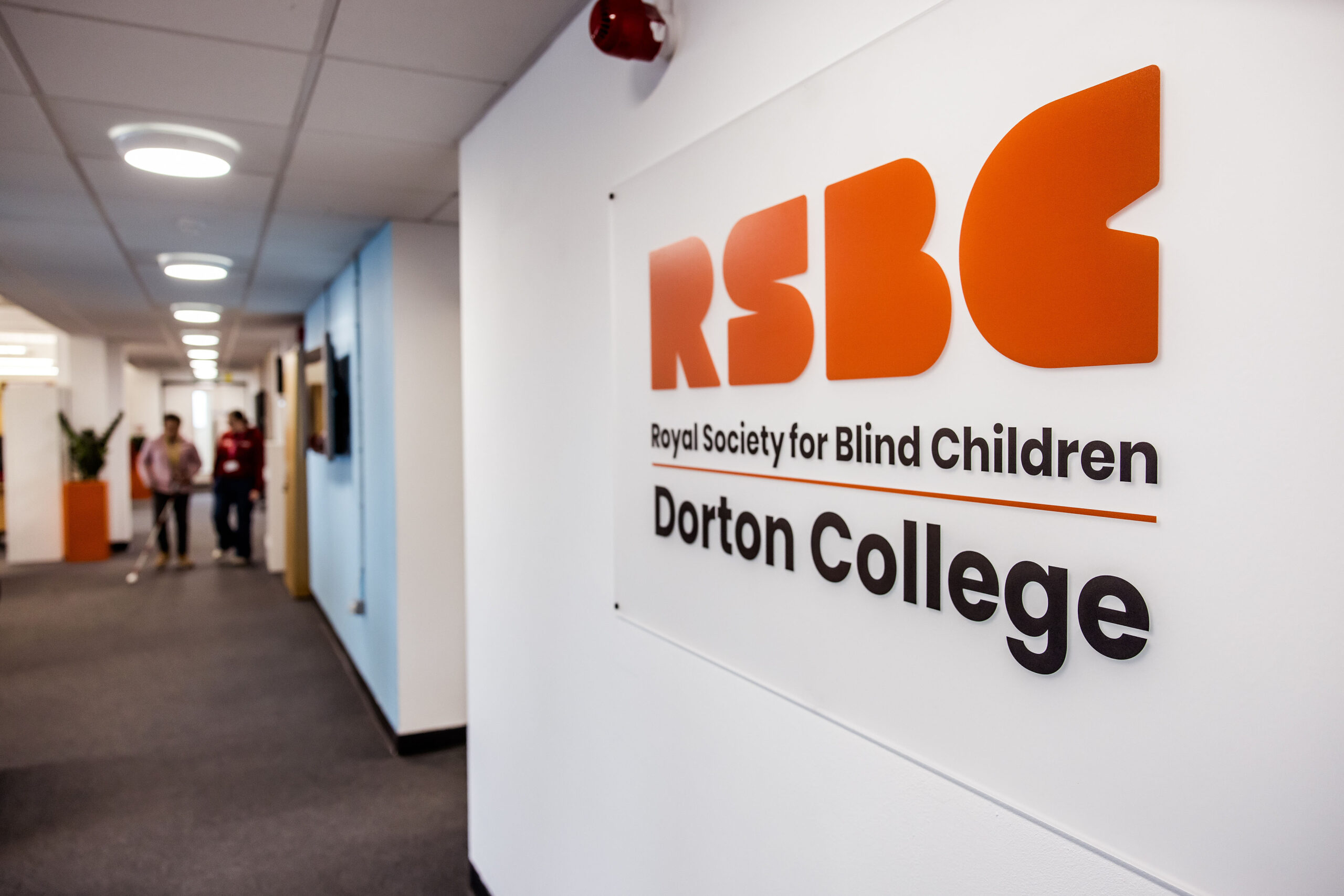
No categories March 5, 2025
Gary O’Donoghue’s win at the RTS Television Journalism Awards
Each year, the Royal Television Society hosts the Television Journalism Awards, celebrating the most prestigious change-makers in the British journalism space.
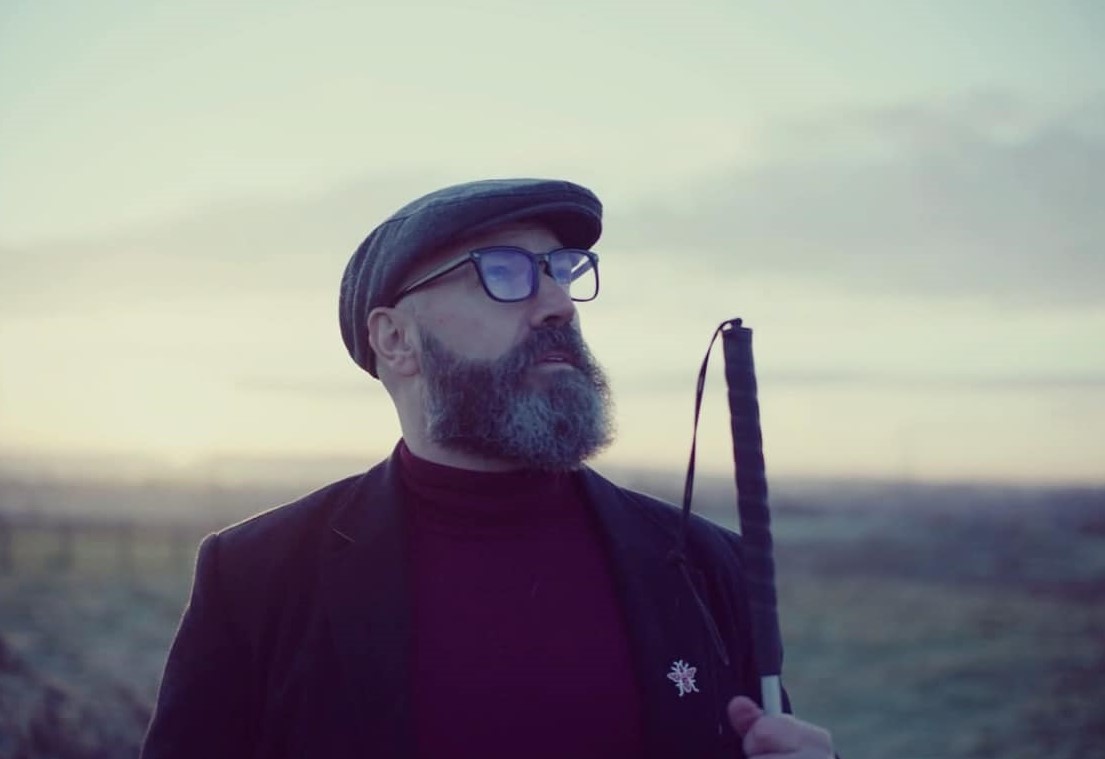
No categories March 4, 2025
Young people unlock their imagination at The Blind Poet’s workshops
Dave Steele, popularly known as The Blind Poet, is an internationally acclaimed and award-winning poet, author, speaker and singer – and an advocate for people with vision impairment.

No categories March 3, 2025
Helping young people be heard: RSBC’s Youth Voice Strategy Day
Recently, RSBC’s Youth Forum, Young Ambassadors and members of the RSBC team came together for a Youth Voice Strategy Day at our Life Without Limits Centre in London. The mission was simple: young people were tasked with coming up with their own objectives and create a roadmap for the future, which would help RSBC identify […]

No categories February 19, 2025
The Roundhouse becomes London’s first venue to use Navilens – with RSBC’s support
Iconic music and performing arts venue, the Roundhouse in Camden, has provided creative space that empowers people and communities since the 1960s. Its team is focused on unleashing the creative potential of young people and artists, giving them the opportunity to experiment, develop their skills, and be part of unforgettable moments with a lasting impact.

No categories February 14, 2025
A volunteer’s journey: Meet Joné
Joné has been volunteering with RSBC since August 2024. We spoke to her about why she wanted to become a volunteer and what her experience has been like so far.

No categories January 30, 2025
George and Nicola’s story
George is an energetic and confident eight-year-old boy who lives in a bustling household with his mum, Nicola, his dad, and his baby brother Ted. It’s a home that’s filled with love and resilience as the family faces the challenges and celebrates the triumphs that vision impairment brings.
